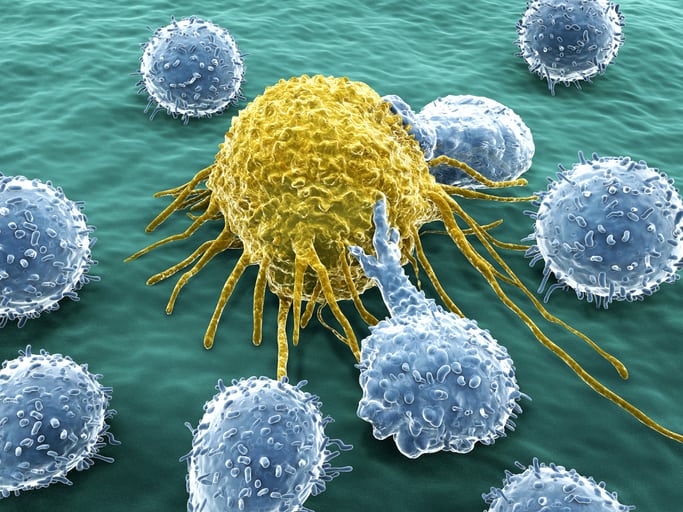Venous thromboembolism (VTE) refers to a condition in which blood clots form in the deep veins of the body and travel in the circulation. Patients with cancer are at a higher risk of VTE, which increases the risk of mortality and morbidity. The use of apixaban has shown promising results, but more research is required to support its efficacy. This study aims to evaluate the efficacy of apixaban to prevent VTE in cancer patients.
This randomized, placebo-controlled, double-blind clinical trial included a total of 563 with cancer who were at intermediate-to-high risk for venous thromboembolism. The patients were assigned in a 1:1 ration to apixaban (n=288) or placebo (n=275). The primary outcomes of the study were objectively documented venous thromboembolism and a major bleeding episode.
Of 563 patients who underwent randomization, VTE occurred in 112 of 288 patients (4.2%) in the placebo group and 28 of 275 patients (10.2%) in the placebo group. A major bleeding episode occurred in 10 patients (3.5%) in the apixaban group and 5 patients (1.8%) in the placebo group. Treatment-related major bleeding occurred in 6 (2.1%) and 3 (1.1%) patients in the two groups.
The research concluded that apixaban therapy lowered the rate of VTE in cancer patients, as compared to placebo, but it was also associated with a higher rate of major bleeding episodes.
Ref: https://www.nejm.org/doi/full/10.1056/NEJMoa1814468


